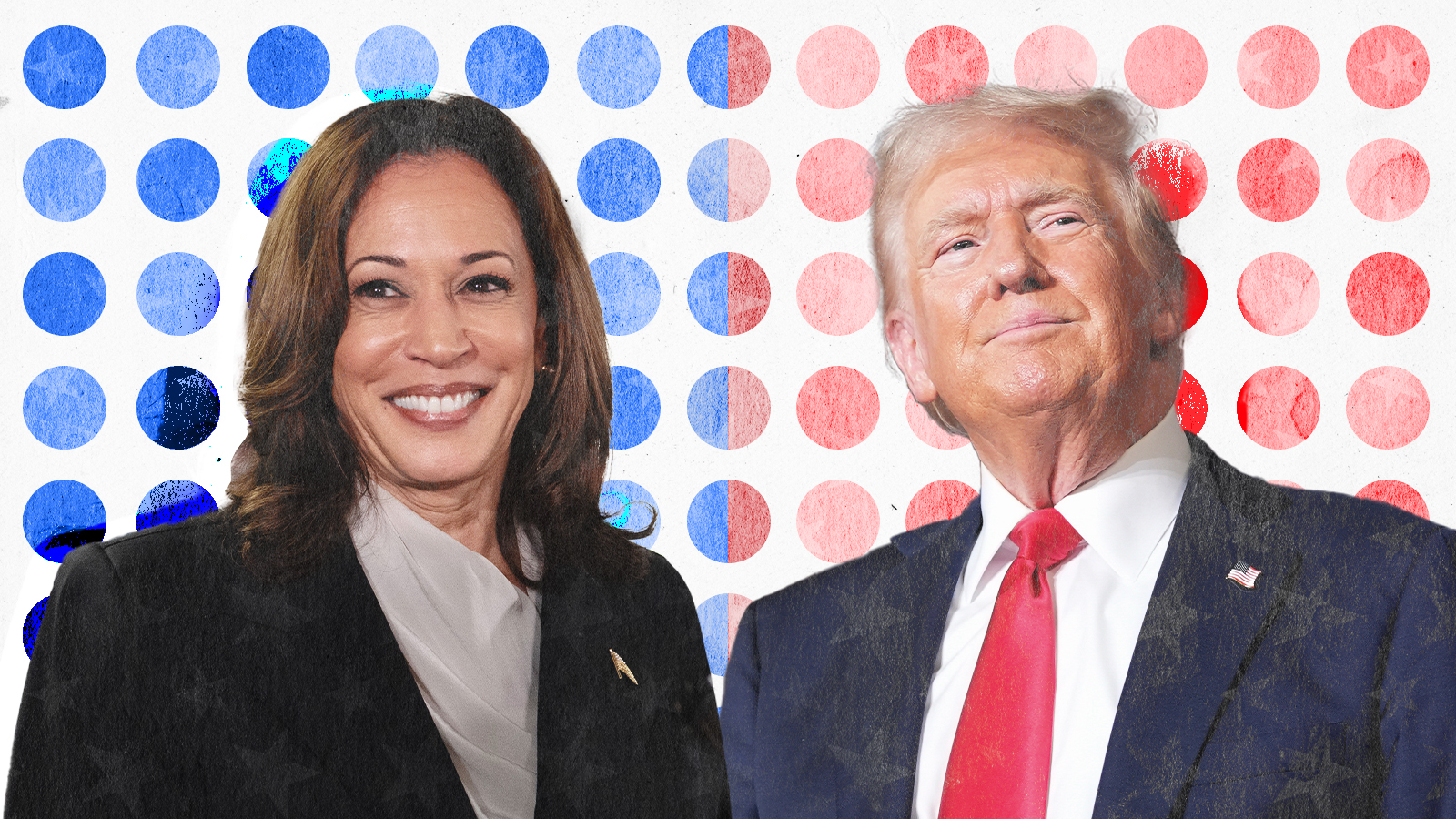For the first time since 538 published our presidential election forecast for Vice President Kamala Harris and former President Donald Trump, Trump has taken the lead (if a very small one) over Harris. As of 3 p.m. Eastern on Oct. 18, our model gives Trump a 52-in-100 chance of winning the majority of Electoral College votes. The model gives Harris a 48-in-100 chance.



This might be the best comment reply I’ve had on lemmy. When I’m not half cut coming home from soccer, I will dig into this and either agree or give you a worthy response.
Pleased to have been able to contribute. And, no rush here, but happily awaiting your reply - either way I’m bound to learn something new.
Hi there! Sorry for the delay, I rarely Lemmy on weekends. And made the foolish mistake of posting something that took off towards the end of last week.
Anyhow, I think your analysis is really interesting! Admittedly, I’m a cheapskate and haven’t paid for the Silver Bulletin, so I’m quite curious to see what Silver’s model would have done taking only the same polls as VotHub does.
That being said, I think that even the VoteHub models are showing the same sort of movement in the polls, as recently as Oct 6 VoteHub showed the two candidates seperated by almost 3.5% nationally, which is pretty significant. However, even their model now shows Harris’ lead cut by half, down to 1.7% And this is from a model that only accepts non partisan polling etc! Looking over their recent polls, of the four polls in the 3 Blue Wall states in the last week, none showed Harris ahead. (At least on the 20th, there was one that showed Harris up by 4 in Michigan.)
Now for the part that would fascinate me about the Silver/VoteHub model comparison (I’m not going to lie, this conversation is making me want to drop the $30ish, just to see and of course for election night/week/month) is that even using the exact same inputs, for a race this close, you could easily see different outcomes by different modelers. Some put more weight to the possibility of uncorrelated polling errors between states, others between correlated polling misses by certain demographics (and of course, models might split those demographics differently, e.g., figuring that a Florida Latino may be more likely to be Cuban than of Mexican heritage and thus respond very differently to accusations of socialism etc.) All that to say, you could very easily put the exact same polls into different models and you ought to see somewhat different projections.
Again, I really appreciate you diving into the piece and coming back with solid evidence, you are exactly the type of person making Lemmy a place I want to hang out.
Thanks, it’s been a great discussion. I missed that on the VoteHub polls but I see it now, and you’re absolutely right - they’ve gone from Harris 270 when I first commented to the GOP having 297 now in the EC. Meanwhile, if my memory serves correct, Nate’s model is holding steady at a 54% chance of a GOP win, suggesting that VoteHub was just delayed in getting this shift factored in. Shoot.
(But apparently Harris had a good afternoon on the 29th, yesterday, if one ignores AtlasIntel.)
Something new though - it seems like the Harris campaign is feeling optimistic as of the day before yesterday -
https://www.nytimes.com/2024/10/28/us/politics/kamala-harris-donald-trump-2024-election.html / https://archive.is/EwIkC - I wonder if they have internal polling showing different results.
So I take solace in this quote:
So I think I have to concede my original point that the polling aggregators are being polluted - seems like they’re reflecting a real red shift after all. But in the end I can still hope that the red shift maybe wasn’t enough, as currently it’s still a toss-up (even Nate Silver says so).